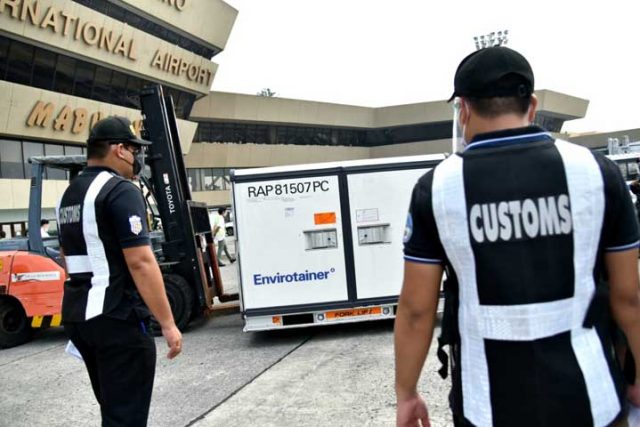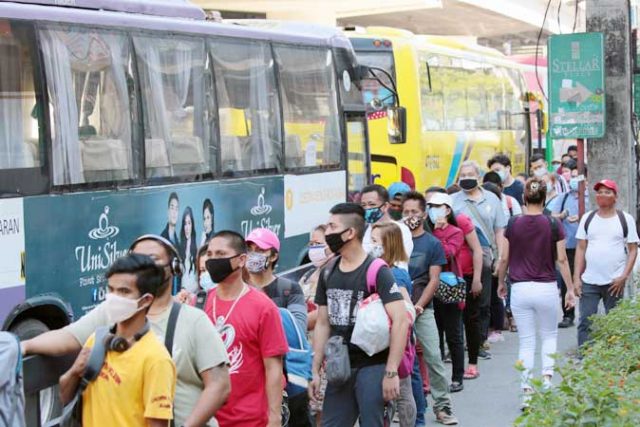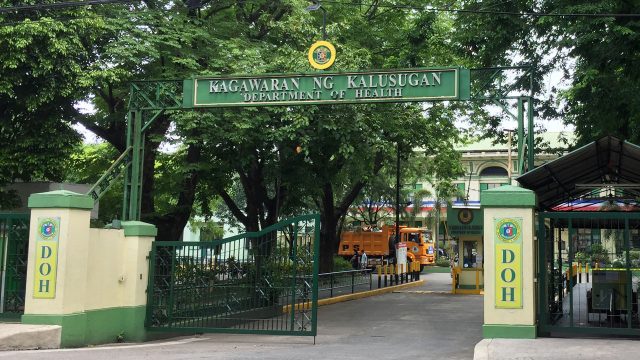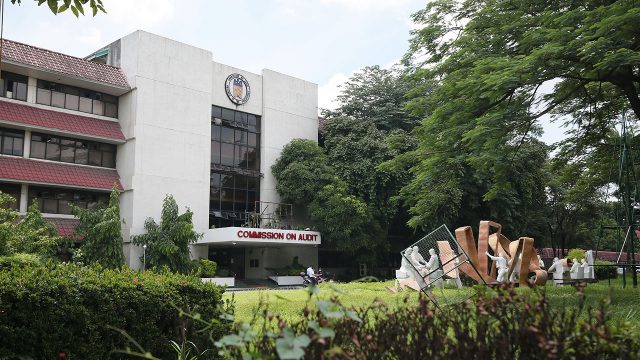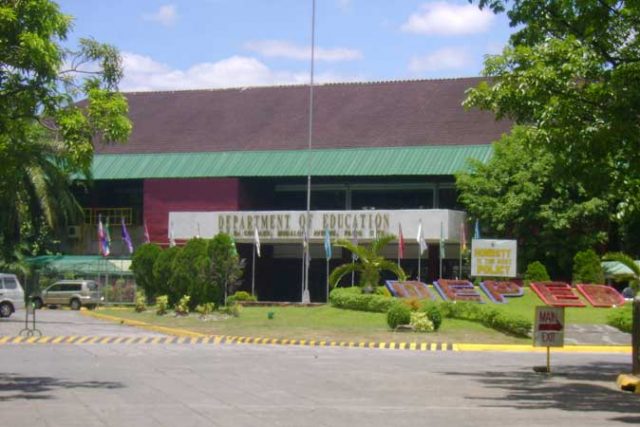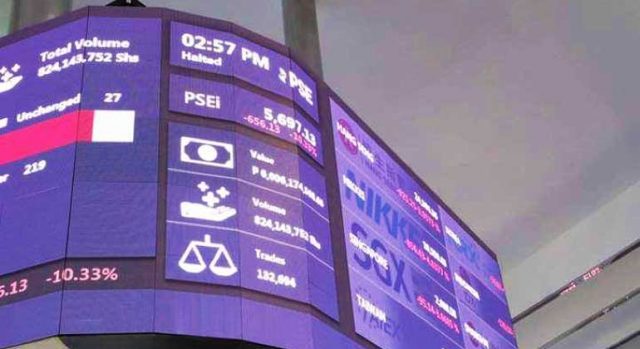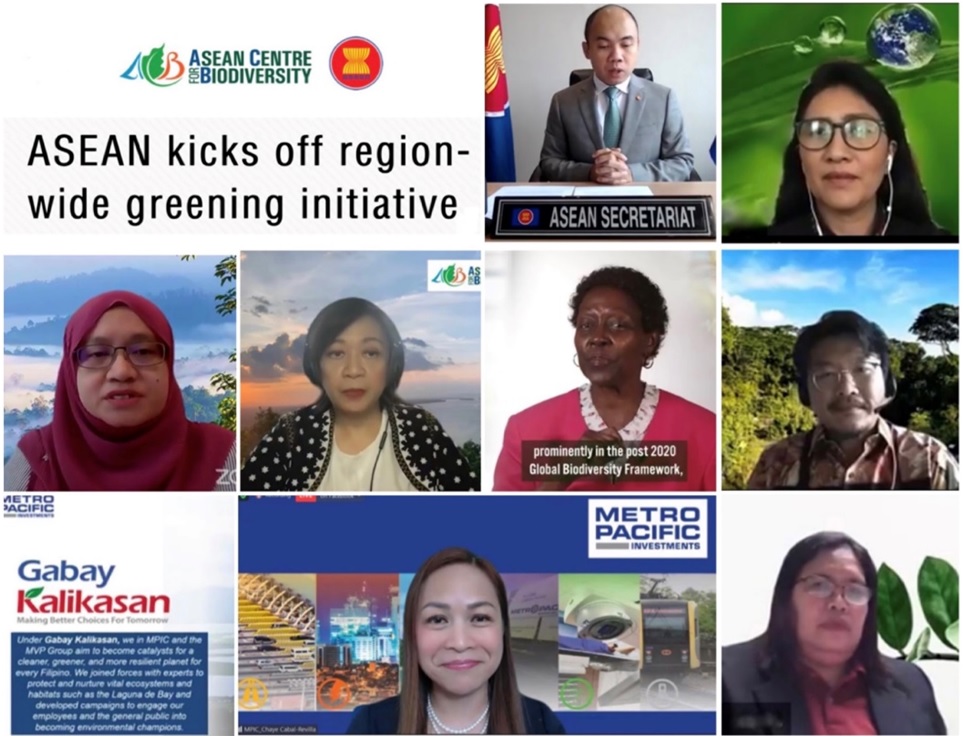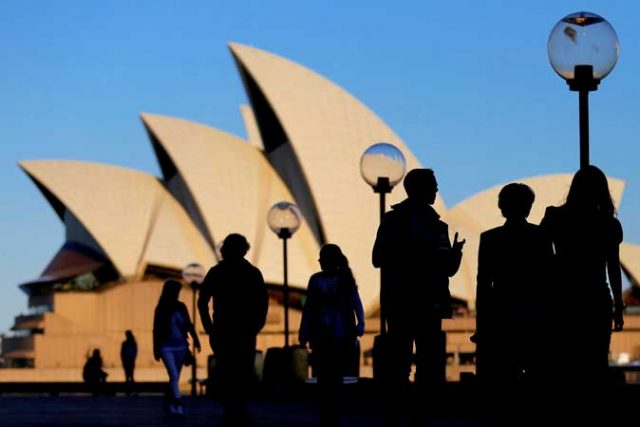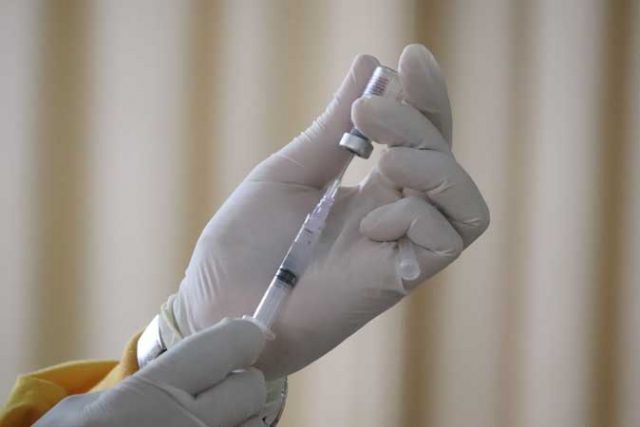Philippines logs 17,231 coronavirus infections

The Philippines logged a new record high 17,231 coronavirus infections on Friday, bringing the total to 1.81 million since the pandemic began last year, health authorities said.
The death toll rose to 31,198 after 317 more patients died, while recoveries increased by 5,595 to 1.65 million, the Department of Health (DoH) said in a bulletin.
The increase in cases may have been caused by “breaches in the minimum public health standards” and the presence of highly contagious coronavirus variants in the country, the Health agency told reporters in a Viber message.
“Since our LGUs have been conducting intensive contact tracing and active case finding especially in high-risk areas during the past few weeks, this may have also contributed to the increasing numbers as we actively find more cases,” it added, noting that the spike is caused by “a combination” of factors.
According to the health department’s COVID bulletin, there are currently 123,251 active cases, 94.1% of which are mild cases, 3.2% are asymptomatic, 1.2% are severe cases, 0.86% are moderate cases, and 0.7% are critical.
The agency said 434 duplicates were removed from the tally, 424 of which were recoveries. One recovery was tagged as an active case, while 221 recoveries were tagged as deaths. Two laboratories did not submit data on Aug. 18.
The Philippines ranked 19th worldwide in terms of coronavirus cases, according to Johns Hopkins University’s COVID-19 (coronavirus disease 2019) dashboard.
EASING ECQ
Despite the increasing number of COVID-positive cases in the country, the strictest quarantine level will be eased in Metro Manila, Laguna, and Bataan, which is not a good idea according to Antonio C. Leachon, a former special adviser to the country’s pandemic task force. He warned that the decision to ease slightly the quarantine rules in Metro Manila could reverse the gains from the two-week strict lockdown in the region which started on Aug. 6.
The two-week enhanced community quarantine (ECQ) enforced in Metro Manila to contain a spike in coronavirus infections fueled by the highly contagious Delta variant ends on Friday.
The national capital region, home to more than 13 million people, and the provinces of Laguna will be placed under modified enhanced community quarantine (MECQ, the second strictest lockdown level) from Aug. 21 to 31. Bataan will be under MECQ from Aug. 23 to 31.
“We know the drill and the consequences of such a wrong decision,” Mr. Leachon said. “It would be worse if we will see more lives lost then IATF decides to shift back to ECQ,” he said in a Tweet.
Mr. Leachon said the government needs to impose tighter restrictions to arrest the increasing number of coronavirus infections in the country.
“They chose the bitter pill despite the bad numbers,” he said. “Then they should prepare for the consequences.”
Easing the lockdown in Metro Manila while the DoH faces allegations that it mishandled P67.3 billion in pandemic funds is also ill-timed, the health reform advocate said.
“It’s not a good time to relax when DoH’s image is at its lowest.”
The health department called for “more targeted and recalibrated actions towards high-risk activities” as Metro Manila and the provinces of Bataan and Laguna shift to a modified lockdown.
The country “cannot always rely on quarantine classifications as it is costly to the economy and livelihood of people,” it said in a press release. “People need to return to a safer and smarter workplace, and act prudently.”
The pandemic task force’s latest decision “does not mean lifting restrictions but rather, focusing on targeted restrictions and monitoring granular lockdowns and specific high-risk activities,” the agency added.
The Health department reminded employers to “implement a work from home set-up, if possible, improve health measures in workplaces, and coordinate with local government units for facilitation of immediate contact tracing and testing for suspected COVID-19 cases.”
“We will continue to see a dramatic increase in cases in the coming days and this is not the time to be complacent,” the agency said, urging the public to follow health protocols.
“Early consultation and testing is key to cutting the transmission within households, communities, and workplaces.” — Kyle Aristophere Atienza

